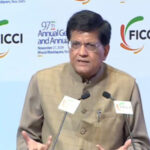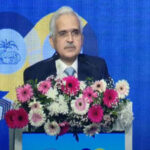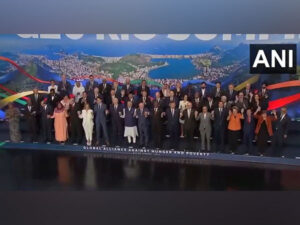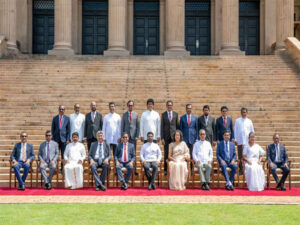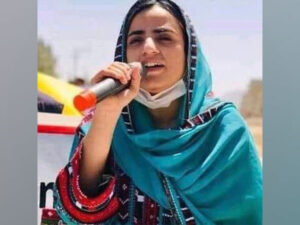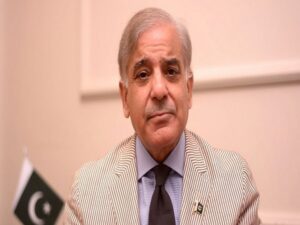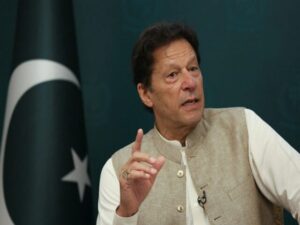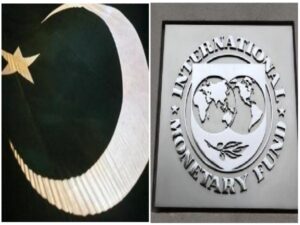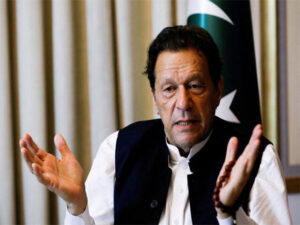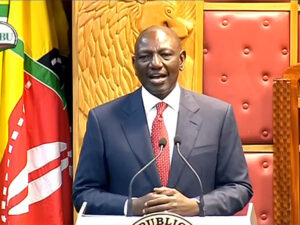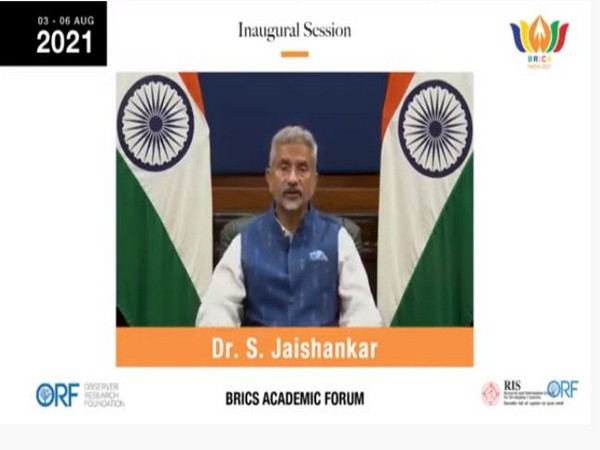
New Delhi, [India], August 3 (ANI): Noting that transition being witnessed in Afghanistan and the warfare that has yet again been forced upon its people has sharpened the challenge of terrorism, External Affairs Minister S Jaishankar on Tuesday said its edge will be deeply felt not just in Afghanistan‘s neighbourhood but well beyond if left unattended.
Addressing the inaugural session of BRICS Academic Forum, the Minister said an updating and recalibration of the post-World War II multilateral architecture cannot be postponed any further.
He said BRICS is a statement of global rebalancing that underlines its essential diversity and pluralism and added that the COVID-19 pandemic and the normative breakdown in its wake “have rudely reminded us that institutions built to tackle problems of the 1940s desperately need to be upgraded and made fit-for-purpose for our century”.
“An expansion of the permanent membership of the Security Council is a necessary ingredient. But by itself it is not sufficient. Multilateral institutions have been disadvantaged by structural inertia, competitive gridlocks, uneven resourcing and skewed navigation.
The proliferation of new and smaller platforms, including of plurilateral and regional groups, is therefore, a response to such felt gaps. BRICS itself was actually among the earliest in this regard. Too often, we obsess with one or the other response; more effort and action is actually required to fill the gaps,” he said.
The minister said terrorism thrives in some of these gaps.
“Its nursery lies in conflict-ridden spaces made fertile for radicalisation by malign players, including states. The transition in Afghanistan that we are seeing today and the warfare that has yet again been forced upon its people has sharpened this challenge. Left unattended, its edge will be deeply felt not just in Afghanistan‘s neighbourhood but well beyond. We are therefore all stakeholders in the quest for a clear, coordinated and undifferentiated response to terrorism,” he said.
Jaishankar said legitimacy in 21st century cannot be derived from mass violence, brutal intimidation or covert agendas. “Representation, inclusion, peace and stability are inextricably linked,” he said.
He also noted that India’ presidency of BRICS is underlined with four pillars – reform of the multilateral system, counter-terrorism cooperation, technological and digital solution for sustainable development goals and enhancing people to people cooperation.
“These pillars may seem abstract but each one of them has actually has an explicit real-world meaning. And updating and recalibration of the post World War II multilateral architecture cannot be postponed any further,” he said.
The minister said that the birth of BRICS was an implicit recognition that the post-war order had peaked.
“Emerging economies needed to step up to craft a new developmental framework. Each of us was well placed to do this, to share our experiences – in some measures or the other – with partner countries of but not limited to the global South.
We intuitively understood that the dominance moment at the end of the Cold War could not be sustained. BRICS was a response to the search for diversity; in many ways, it was accurate anticipation of multipolarity,” he said.
Jaishankar said that counter-dominance instinct and principled commitment to multipolarity in all forms – political and economic, academic and institutional, social and cultural – is written into the DNA of BRICS.
“It was in this spirit of independence and complementarity that India co-founded BRICS. We are confident that this sentiment will continue to define not just BRICS but the larger template for the coming decades of the 21st century. BRICS is a statement of global rebalancing that underlines its essential diversity and pluralism,” he added. (ANI)


